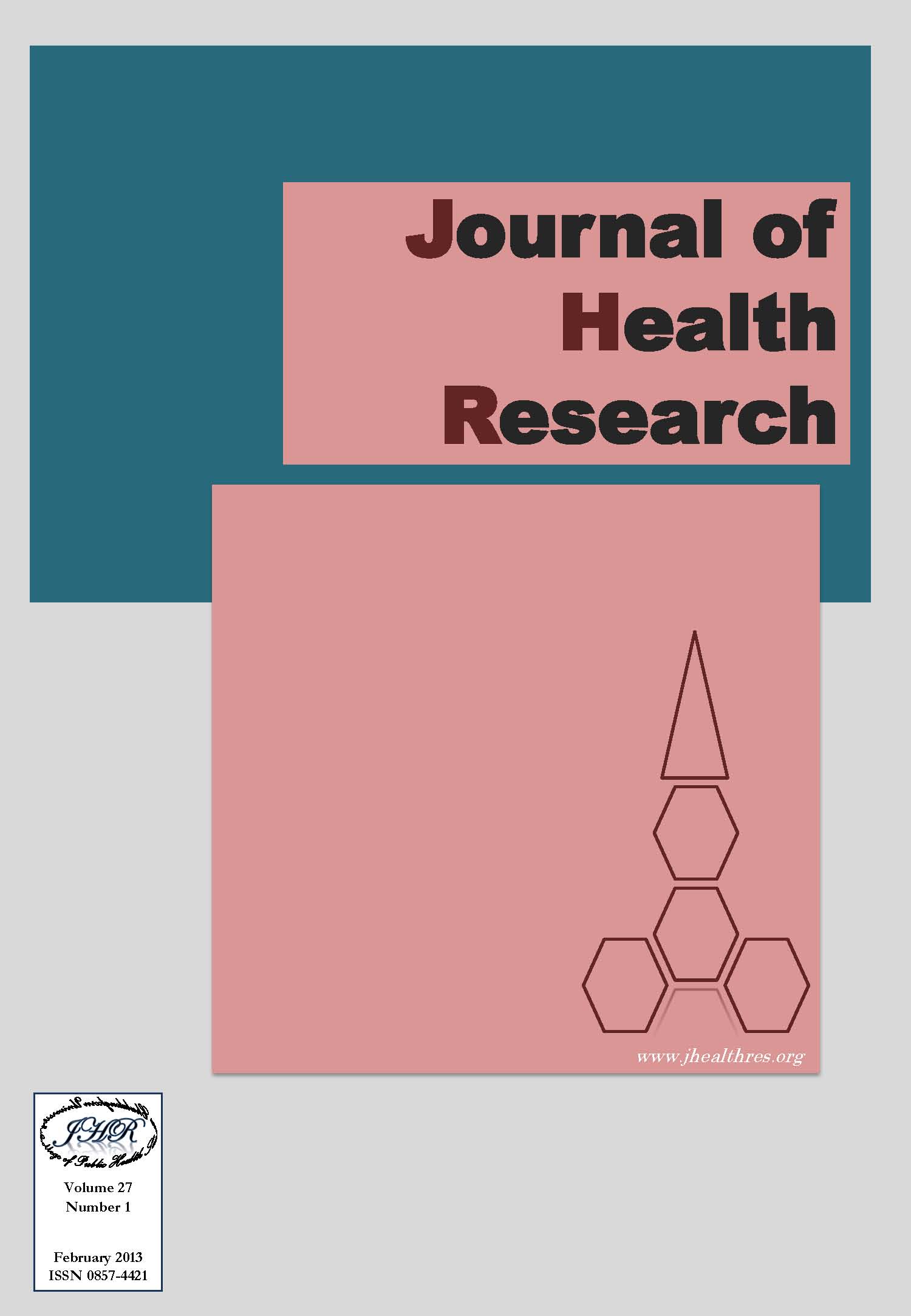Factors Related To Successful Aging In Thai Elderly: A Preliminary Study
Keywords:
Successful aging, Mindfulness, Family functioning, Social engagementAbstract
Due to the growth of the older population in Thailand and the importance of psychological factors affecting mental and physical health among the elderly, the present study sought to investigate the relationship between successful aging, as defined by five interrelated dimensions (i.e., body, mind and emotion, brain and cognition, social, life wisdom), and three psychological correlates (i.e., mindfulness, family functioning, social engagement). Participants were 201 older adults living in Bangkok and adjacent areas. The study was correlational, using a multiple-indicator and multiple-correlate model analyzing data drawn from four self-reported psychological measures. The three correlates were significantly and positively related to a hypothetical construct of successful aging, with social engagement having the strongest relationship, followed by family functioning and mindfulness, respectively. These results have generalized the previous, qualitative findings to a larger sample of older adults and been inferred to senior citizens in Bangkok and neighboring provinces.







